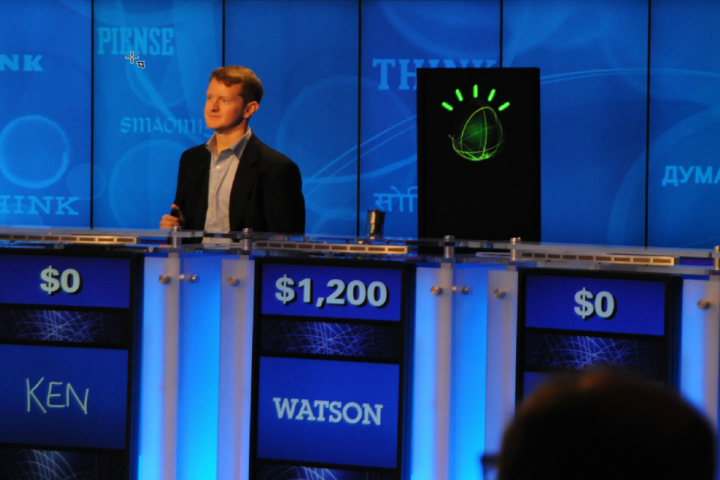
According to IBM, this investment will go toward a new global headquarters located in Munich for the company’s Watson Internet of Things (IoT) platform. The investment will also cover IoT capabilities regarding IBM’s Blockchain security platform, and will provide cash to certain clients who want to use the Watson IoT platform in their applications, whether a car, ball bearings, equipment components, or machines.
IBM has actually invested over $3 billion dollars into its Watson IoT platform across the globe. The company has more than 6,000 clients worldwide that are using this platform, which is 2,000 more than what IBM reported just eight months ago. The new Munich headquarters will employ 1,000 local researchers, engineers, developers, and business experts, and will serve as the home base for what IBM calls its “cognitive IoT Collaboratories” labs.
IBM said on Tuesday that these labs will provide hands-on collaborations between its clients, partners, and staff to create new IoT devices and platforms in the automotive, electronics, manufacturing, healthcare, and insurance industries.
“Together, they will tackle the toughest challenges of their respective industries; apply new concepts and technologies to build IoT solutions; develop and test new business models, solutions and services and push the boundaries of what is possible with IoT,” the company said.
One IBM client is the Thomas Jefferson University Hospital in Center City, Philadelphia, Pennsylvania. This is a 957-bed facility that wants to power each room with Watson IoT devices. The rooms will essentially become “cognitive rooms,” providing patients with the ability to control the lighting, windows blinds, and so on without having to get out of the bed. They can even get background information about the physicians on the floor, ask questions about the hospital itself, and more.
Another example is Netherlands-based Aerialtronics, which creates unmanned aircraft systems. The company signed a deal with IBM to inject these drones with Watson IoT devices. Thus, instead of a team climbing a cell tower, inspecting the hardware, and then climbing back down to report on its findings, a Watson-powered drone controlled from the ground would use high-definition cameras and Watson Visual Recognition analytics instead.
As previously stated, part of IBM’s $200 million investment involves adding IBM Blockchain to the Watson IoT platform. Blockchain creates a private network to some degree, allowing only authorized parties to join the “chain.” Data is secured using cryptographic technology, with the result that the IoT devices and their data cannot be compromised. IBM said Blockchain will provide “advanced security assessment, threat intelligence to identify anomalies, and data anonymization.”
Finally, IBM said that the Watson IoT platform now includes new voice interfaces for customers in homes, cars, stores, hotels, and offices. There’s also a new “cookbook” providing developers with tools for solving cognitive IoT “challenges” when using IBM’s Watson Natural Language APIs.


